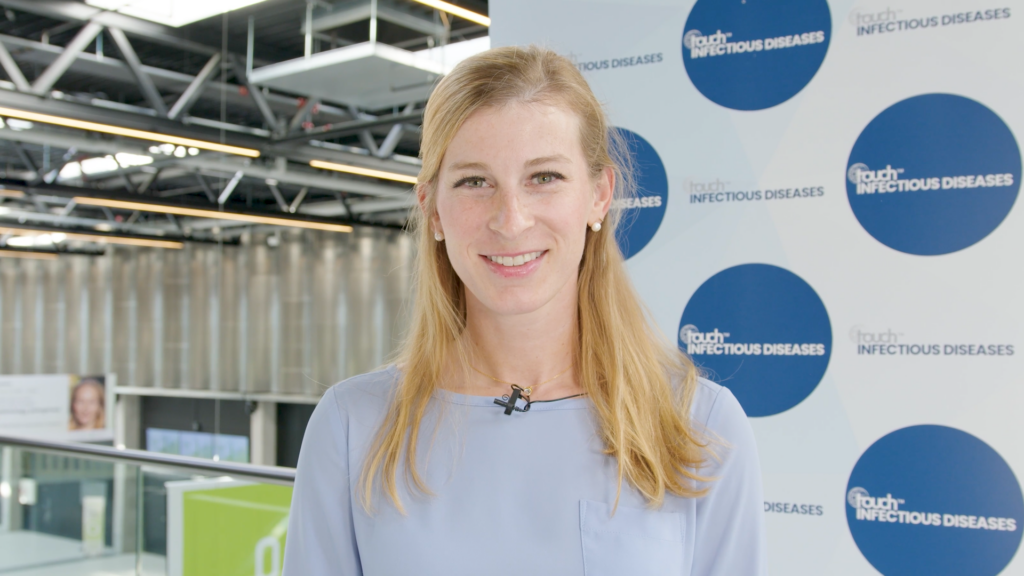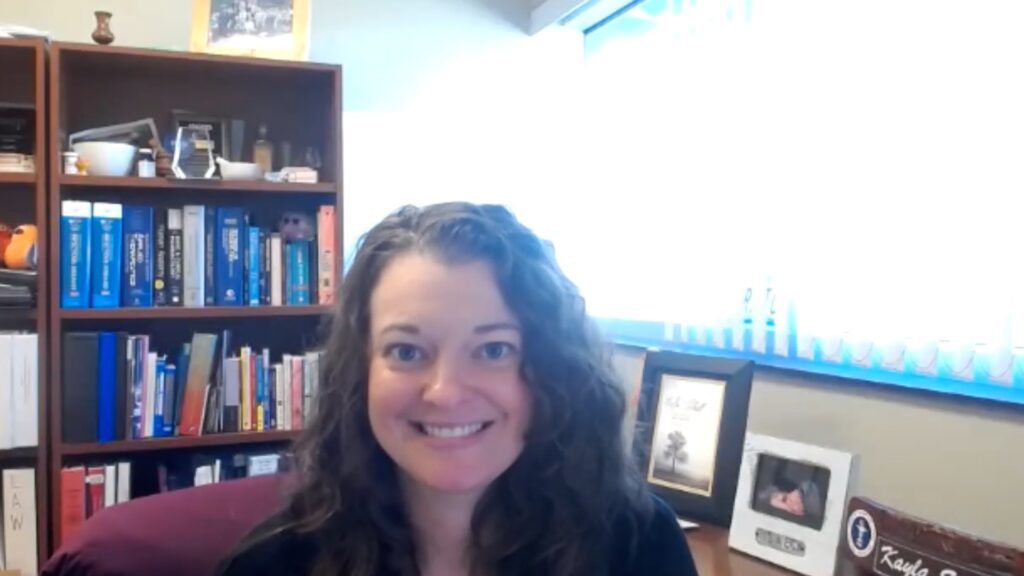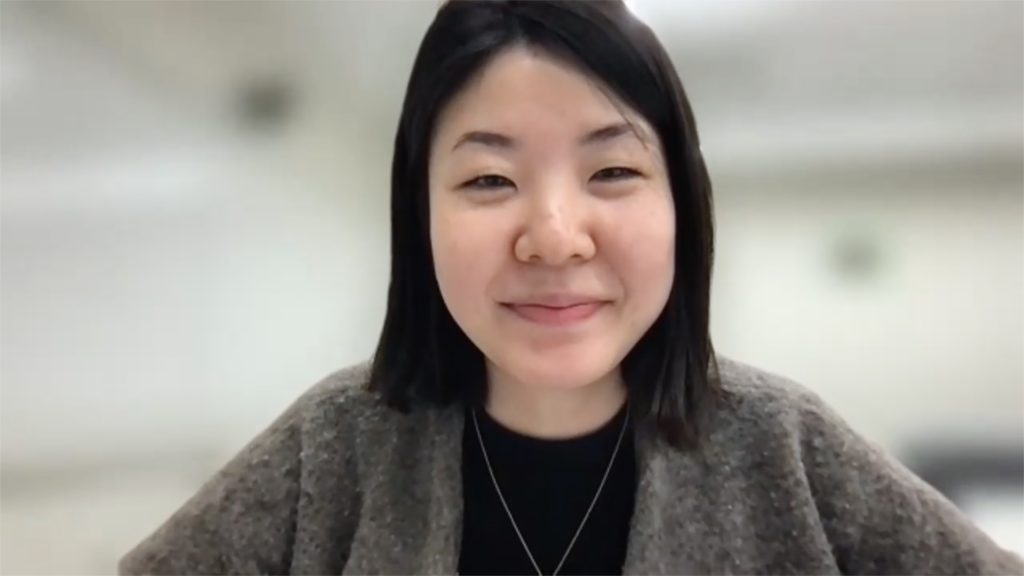
“I’m incredibly honoured to receive the ESCMID Global Young Investigator Award. It’s a recognition of the collaborative work we’ve done”
touchINFECTIOUS DISEASES were thrilled to meet Dr Anthony Bai (Queen’s University, Kingston, Canada), fresh from winning the Young Investigator Award at the ESCMID Global conference 2025. His work harnesses large population-based datasets to explore long-term outcomes in bloodstream infections and pneumonia, with a strong focus on comparing antibiotic regimens that could shift everyday practice. Mentored by leading Canadian specialists, Bai is committed to generating high-quality clinical evidence through large randomized trials. Now balancing life as a practicing clinician, researcher and family man, he’s driven by a clear goal: to improve patient care through better data and smarter treatment decisions.
Q1. Congratulations on winning the Young Investigator Award at ESCMID Global 2025. Can you give us a brief summary of the research that led to this recognition?
Thank you, I’m thrilled and honored to receive this award. The research that contributed to it mainly stems from my work using large, population-based databases to study common bacterial infections, like bloodstream infections and pneumonia. We’ve been particularly focused on evaluating long-term outcomes following these infections, as well as comparing commonly used antibiotic regimens to see how they correlate with clinical outcomes. It’s been a really exciting area to explore.
Q2. Who has inspired your journey in infectious diseases so far?
There are a few mentors who have really shaped my path. The first is Dr Andrew Morris, an infectious diseases physician and head of the Antimicrobial Stewardship Program at the University of Toronto. He took me under his wing when I was still a medical student and gave me my first research opportunity on Staphylococcus aureus bacteremia, which I’m still researching today! He really introduced me to the field and showed me how to conduct clinical research.
Another key influence has been Dr Mark Loeb at McMaster University, who supervised my master’s thesis. He’s incredibly passionate about high-quality clinical research, especially randomized controlled trials. His approach and dedication really inspired me to strive for excellence in my own work.
Q3. What have been the biggest challenges in your career so far, and how have you managed them?
One of the biggest challenges, and one I’m still navigating, is balancing clinical work, research and personal life. As an early-career researcher, there’s definitely pressure to be productive so you can secure grants and become involved in collaborative studies. At the same time, I’m also starting out as a practicing infectious diseases physician and, of course, there’s life outside of work to think about too. What’s helped me is learning to compartmentalize and stay organized, really carving out dedicated time for each area, especially family, which is incredibly important to me.
Q4. Looking ahead, what current trend or development in infectious diseases excites you most?
What excites me most right now is the shift towards large, multicenter randomized controlled trials. These studies offer the highest-quality evidence for answering key clinical questions, and they have the potential to significantly change practice. One standout example is the SNAP trial (NCT05137119), an international, multicenter study looking at Staphylococcus aureus bacteremia. It’s addressing several important questions, particularly around optimal antibiotic therapy for this serious infection. I think the findings will be hugely impactful.
Q5. What were your highlights or top trial results from ESCMID Global 2025?
I’m definitely biased, but I’m most looking forward to the preliminary results from the SNAP trial, which will be shared at ESCMID Global this year. I’ve been involved as a site investigator, and it’s been led by Dr Steven Tong and Dr. Joshua Davis in Australia, who had done an incredible job coordinating this large international collaboration. The SNAP trial had recruited thousands of patients from countries including Australia, Canada, Israel and the UK. The results being presented will focus on one of the trial’s key comparisons – cefazolin versus cloxacillin (or other antistaphylococcal penicillins) for methicillin-susceptible S. aureus bacteremia. These are some of the most commonly used antibiotics for this infection in our practice, and I believe this is one of the most important questions we can answer for improving treatment outcomes.
About Dr Anthony Bai
Dr Anthony Bai joined the Department of Medicine as an Assistant Professor in the Division of Infectious Diseases in November 2021. He graduated from the University of Ottawa School of Medicine. Subsequently, he completed his core internal medicine residency at Queen’s University and his infectious diseases fellowship at McMaster University. He completed a MSc in Health Research Methodology as part of the Clinician Investigator Program at McMaster University.
His main research interests include antibiotic treatment and outcomes for common bacterial infections such as bloodstream infection and pneumonia. In recognition of his research, he received the 2022 Association of Medical Microbiology and Infectious Diseases Canada New Investigator Award.
Interviewer: Caroline Markham
Disclosure: Anthony Bai has no financial or non-financial conflicts of interest to declare in relation to this article.
Cite: Q&A with ESCMID Young Investigator 2025 Dr Anthony Bai: touchINFECTIOUS DISEASES Future Leader 2025. touchINFECTIOUS DISEASES. April 22nd, 2025
SIGN UP to touchINFECTIOUS DISEASES!
Join our global community today for access to thousands of peer-reviewed articles, expert insights, and learn-on-the-go education across 150+ specialties, plus concise email updates and newsletters so you never miss out.













